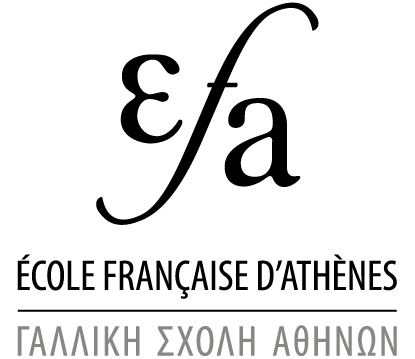 Ana Grgić Babes-Bolyai University / EFA
Ana Grgić Babes-Bolyai University / EFA
A burgeoning body of work by early cinema and feminist media history scholars has brought to light the incredible diversity of roles women held in film production, exhibition and distribution (see Bean and Negra 2002; Abel 2005; Lowe 2005; Gledhill and Knight 2015), and highlighted women’s contribution to the development of film narrative and the growth of local film industries (see Stamp 2012; Gaines et at. 2013; Hill 2016; Förster 2017; Gaines 2018). Still, according to Shelley Stamp, much work remains to be done in order to recognise women as producers and consumers of early cinema around the world (2017). Though the situation is slowly changing with new research emerging on diverse aspects of film culture and women’s filmmaking practices in the Balkans (see Balan 2015, Delveroudi 2012, 2015, Jelača 2017, Grgić 2022), much work remains to be undertaken to understand the intricate relationship between the new visual medium, modernising processes and women’s roles in the development of cinema throughout the region. My own research practice and methodology, inspired by writings and work of media scholars, historians, philosophers and archivists such as Arlette Farge, Jane Gaines, Walter Benjamin and Michel de Certeau, seeks to contribute to current historiographical approaches which seek to decolonise Balkan and East European film histories, archives and archival collections through critical analyses of neglected, marginal and minority cultures and practices.
In this seminar, I will focus on the challenges and the promises of writing and making visible neglected early cinema (her)stories, given the scarcity of archival materials, lost films and historical voids which concern women’s involvement with cinema in the Balkan region. This reflection comes after a long period of archival research into a forgotten figure of early Romanian cinema, the prolific theatre director and actress, Marioara Voiculescu, of whose pioneering filmmaking activities, only fragments remain. Through “looking and thinking adjacently” (Field 2015) at the materials in Voiculescu’s personal archives, I will contemplate on the affective value and disruptive power of “archival orphans” (Kessler 2013) such as handwritten notes, undated photographs or small everyday objects found in these collections. Referring to Eliza Anna Delveroudi’s important work (2012, 2015) on the Greek film critic and journalist Kalliopi Inglessi, who wrote under the pseudonym Iris Skaravaiou, I will expand my discussion to gender and early cinema in the Greek context, based on some preliminary research and readings of Skaravaiou’s articles on cinema and film stars in the Greek specialist press during the late 1920s.
